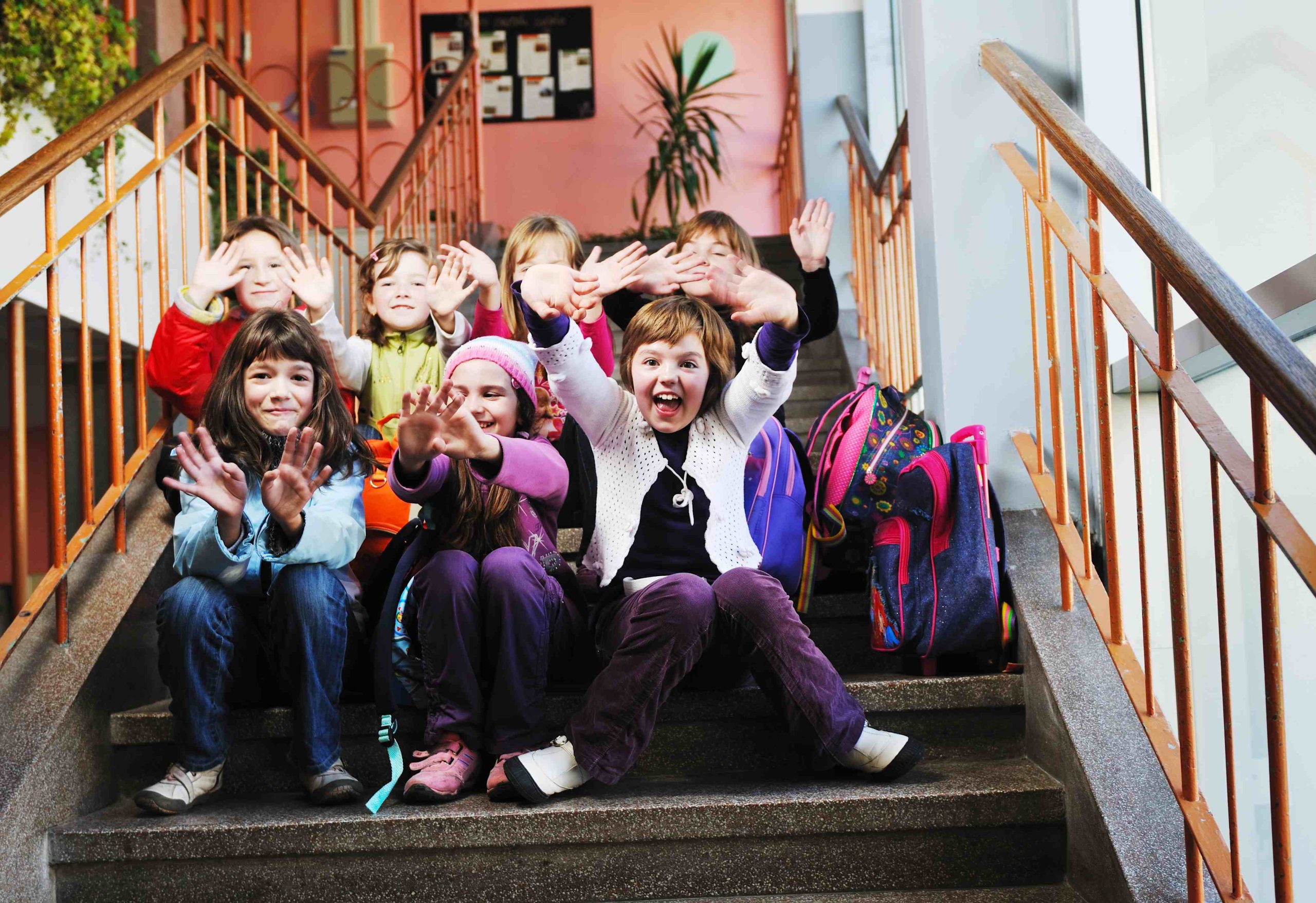
Is Preschool Better Than Staying At Home: The Great Preschool Debate
We all want the best for our preschoolers as parents. One of the most critical decisions we make as parents is whether to send our preschoolers to school or keep them at home. The great preschool debate has been ongoing for years, and it seems that there is no definitive answer. In this article, we will delve into both arguments and attempt to determine which approach is most effective for preschoolers.
The Case for Preschool
Socialization
Preschoolers who attend school get the opportunity to socialize with others their age. This interaction helps them develop social skills such as sharing, taking turns, and empathy. They are more likely to be self-assured and extroverted than those who stay at home.
Early Learning
Preschool provides a fantastic environment for young children to discover new things. They are exposed to different subjects such as math, science, and language, increasing the likelihood of developing a love for learning.
Structure and Routine
Preschool offers a structured environment that fosters the development of self-control and discipline. Children learn to adhere to routines, leading to improved focus and organization skills.
Qualified Teachers
Preschools employ qualified teachers who utilize various teaching methods to cater to different learning styles. This ensures that children receive a quality education and are better prepared for academic success.
The Case for Staying at Home
One-on-One Attention
Stay-at-home preschoolers receive dedicated attention from their parents or caregivers, fostering a strong emotional bond essential for their development.
Flexible Schedule
Staying at home allows preschoolers to learn at their own pace and explore their interests freely, promoting imagination and self-sufficiency.
No Pressure
Preschoolers at home are not pressured academically, enabling them to learn through play and exploration, leading to contentment and ease.
Health Benefits
Staying at home provides a healthier environment, reducing the risk of illnesses commonly spread in preschool settings.
The Cost of Preschool
Public vs. Private
Public preschools are often more affordable but may offer fewer amenities compared to private preschools. Parents should consider their options based on their budget and preferences.
Financial Assistance
Various financial assistance programs are available for families who cannot afford preschool. Parents should explore these options to ensure their child’s access to education.
Long-Term Benefits
Despite the cost, attending preschool has long-term benefits, including higher academic achievement and greater employment opportunities in the future.
The Impact of COVID-19 on the Debate
Remote Learning
The COVID-19 pandemic has led to a shift towards remote learning, presenting challenges for preschoolers’ education, particularly in terms of effectiveness.
Health Concerns
Parents are concerned about their child’s safety amidst the pandemic, influencing decisions regarding preschool attendance.
Socialization
Limited opportunities for socialization due to the pandemic may affect children’s social development.
Parental Involvement
Increased parental involvement in education due to remote work arrangements can benefit preschoolers staying at home.
The Value of Parental Involvement
Emotional Development
Involved parents contribute to their child’s emotional well-being by fostering a strong bond and sense of security.
Educational Support
Parental engagement in education enhances academic success and instills a love for learning in preschoolers.
Socialization
Parents facilitate opportunities for socialization, aiding in the development of social skills and friendships.
Health and Safety
Active parental involvement ensures a healthy and safe environment for preschoolers’ development.
The Impact of Cultural Differences
Family Values
Cultural differences influence perceptions of education and family priorities, impacting decisions regarding preschool attendance.
Language and Communication
Preschoolers from non-English speaking backgrounds may benefit from school for language development, while others prioritize cultural preservation.
Socialization
Cultural expectations regarding socialization vary, influencing preferences for peer interaction versus family bonding.
Religious Beliefs
Religious beliefs may dictate preferences for preschool attendance or staying at home, adding another layer to the debate.
The Role of Technology
Remote Learning
Technology facilitates remote learning but also increases screen time, posing challenges for preschoolers’ development.
Educational Apps and Games
While educational apps can be beneficial, parents should monitor usage to ensure a well-rounded education.
Parental Monitoring
Advances in technology enable parents to monitor their child’s education more effectively, enhancing communication with teachers.
The Importance of Play
Socialization
Play promotes social skills such as sharing and empathy, crucial for preschoolers’ development.
Creativity and Imagination
Through play, preschoolers explore their creativity and imagination in a safe environment.
Physical Development
Play enhances gross and fine motor skills, contributing to physical development and well-being.
Emotional Development
Play aids in emotional regulation, self-esteem, and confidence building in preschoolers.
The Importance of Outdoor Play
Physical Health
Outdoor play promotes physical activity and overall health in preschoolers.
Cognitive Development
Exploration of the outdoors stimulates cognitive development and problem-solving skills.
Emotional Development
Outdoor play reduces stress and anxiety, contributing to improved emotional well-being.
Socialization
Outdoor play provides opportunities for social interaction and the development of social skills.
The Importance of Routine
Predictability
Routine provides stability and reduces anxiety by establishing expectations for preschoolers.
Time Management
Preschoolers learn time management skills through routines, aiding in task completion and responsibility.
Independence
Routine fosters independence as preschoolers take ownership of their tasks and responsibilities.
Consistency
Consistent routines promote emotional and social development, providing a sense of security.
The Role of Nutrition
Physical Development
A well-balanced diet supports preschoolers’ physical growth and development.
Cognitive Development
Nutrition influences cognitive function, affecting scholastic achievement and learning abilities.
Emotional Development
Nutrition impacts emotional well-being, mood regulation, and overall mental health.
Long-Term Health
A healthy diet reduces the risk of chronic diseases, ensuring long-term health and well-being.


